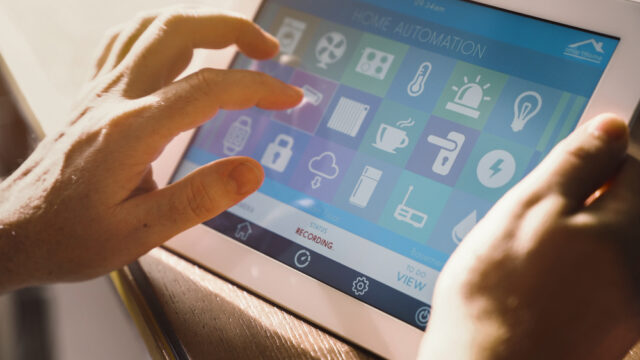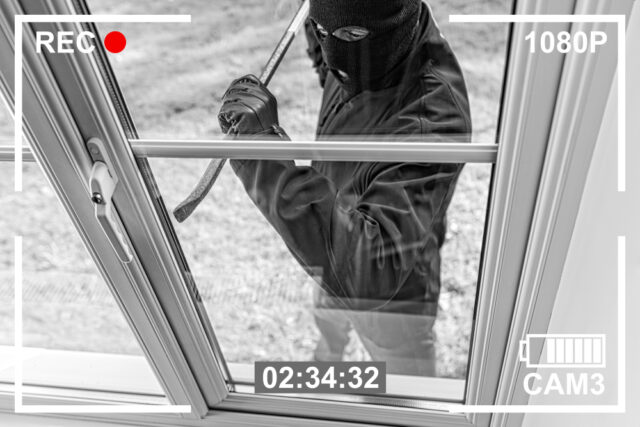
Standalone Home Security System: 5 pros + 3 cons
The main and primary task of video monitoring, for the sake of which it is installed in the home, is to ensure security. But there is not always the time and opportunity to monitor the information from cameras 24 hours a day on the monitor.
That is why standalone security systems have appeared on the market. We will talk about it in the article.
What does the term “autonomous security system” mean?
In today’s market, the term “autonomous home security system” includes:
- various sensors (motion, smoke, security);
- surveillance cameras. More advanced systems use IP devices with analytics;
- alarm system;
- mobile application to combine and improve the entire system. For example, Faceter, which is installed on the phone and turns the whole system into a smart monitoring tool with security and notification functions, is a good solution.
Read more about the mobile application in the article: “Faceter Video control. Tariffs from 0 rubles + super capabilities”.
Role of video surveillance
Video surveillance in this system plays the role of an “eye”. Thanks to it, false alarms are less frequent, as the factor of inclusion of sensors clearly recorded in the software. Additionally, the owner can monitor the situation online.
Also, after some time of using video surveillance at home via the Internet, it is possible to identify vulnerable areas of the object, where for some reason the sensors do not work.
Connect video surveillance via smartphone
To connect video surveillance for a private home through a smartphone does not require special technical knowledge. Only a stable Internet connection, through which the information from the camera to the monitor will be transmitted, is enough.
But this system has its own advantages and disadvantages.
5 pros
Mobile autonomous security system, first of all, saves finances for installation and subsequent maintenance. A complete list of advantages looks like this:
- no need to pay for the installation of complex equipment;
- no intermediaries in the receipt of alarm notification. The signal is received personally by the owner and evaluates the level of need to call security himself. This eliminates false alarms and fines;
- mobility of the whole system. No specialists are required to move and reinstall, and there is no need to notify the security service of a change of address;
- simplicity of settings. The stand-alone system itself is updated and configured through an intuitive interface;
- The owner himself chooses the devices. No one can impose additional costs, even professional structures.
3 cons
Any system or thing will have its shortcomings, both subjective for some users and objective, due to limited technical development of the market.
For example:
- lack of backups;
- limited connectivity. Reliability of the system depends on the safety of the owner’s phone and a stable Internet;
- less security compared to professional monitoring.
Conclusion
Standalone security systems via phone are smoothly taking their place in the market. This is due to simplicity, convenience and affordability for ordinary users who do not want to understand complex technical issues and spend a lot of money to install and further use the complex.








